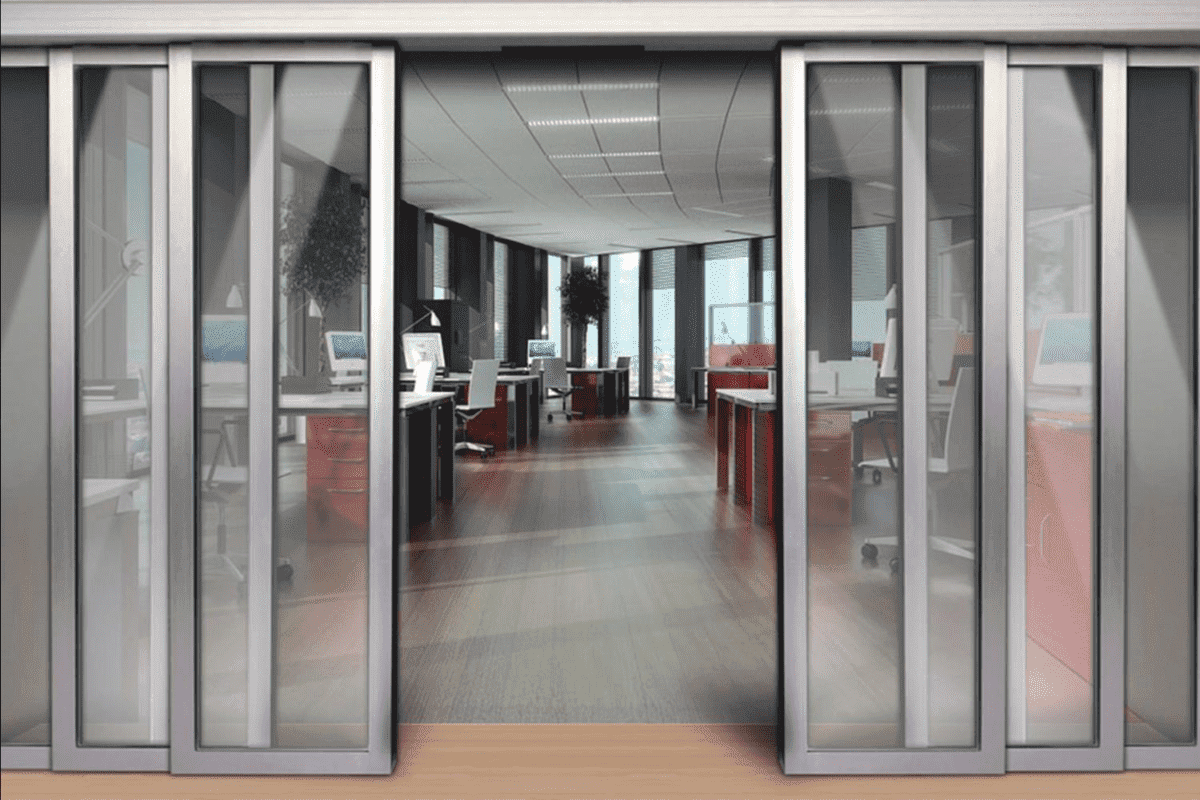Metal door frames offer a blend of durability, security, and modern aesthetics. However, like any material, Metal Doors and Frames come with their own set of drawbacks. Understanding these disadvantages is crucial before making a decision for your home or business.
Aesthetic Limitations
- Limited Design Options: While modern metal frames can be sleek, they often lack the versatility of wood in terms of design. Intricate carvings, moldings, and custom finishes are typically not achievable with metal.
- Cold Appearance: Metal can give off a cold, industrial feel, which might not complement all architectural styles.
Installation Challenges
- Difficulty in Adjustments: Metal frames are generally less forgiving than wood in terms of fitting. Making adjustments on-site can be challenging and often requires professional expertise.
- Potential for Structural Issues: If not installed correctly, heavy metal frames can put stress on the surrounding structure, leading to cracks or damage.
Maintenance Concerns
- Rust and Corrosion: Exposure to moisture can lead to rust and corrosion, especially in coastal or humid environments. Regular maintenance is essential to prevent damage.
- Denting and Scratching: While durable, metal frames can still be dented or scratched, which can be unsightly.
Thermal Conductivity
- Heat Transfer: Metal is a good conductor of heat. This means it can transfer heat from the outside to the inside of your home in summer and vice versa in winter, affecting energy efficiency.
- Condensation: In colder climates, the temperature difference between the metal frame and the warmer indoor air can lead to condensation, potentially causing damage and mold growth.
Noise Transmission
- Sound Conductivity: Metal can amplify sound, so if noise reduction is a priority, additional insulation might be necessary.
Cost Considerations
- Higher Initial Cost: Metal door frames tend to be more expensive than their wooden counterparts, especially for custom designs or complex installations.
Environmental Impact
- Manufacturing Process: The production of metal involves energy-intensive processes and can contribute to carbon emissions.
Specific Metal Types
While the above points apply to metal door frames in general, it’s essential to consider the specific type of metal:
- Aluminum: Lightweight but susceptible to denting.
- Steel: Strong and durable but prone to rust.
- Stainless Steel: Highly resistant to corrosion but expensive.
Conclusion
Patriot Doors and Hardware Metal door frames offer several advantages, but it’s crucial to weigh these against the potential drawbacks. Factors such as climate, architectural style, budget, and maintenance preferences should all be considered when making a decision. If aesthetics, insulation, or ease of installation are top priorities, wooden or composite door frames might be a better option. However, for those seeking maximum security and durability, metal frames can be a worthwhile investment.
Darkpyro 2L Capacity Belt Straw Transparent Motivational Water Bottle for Office, School, College & Gym Time Marker Leak Proof & Break-Proof comes with Silicon Brush BPA-Free Sports Bottle, Multicolor
₹299.00 (as of 21 November, 2024 18:32 GMT +05:30 - More infoProduct prices and availability are accurate as of the date/time indicated and are subject to change. Any price and availability information displayed on [relevant Amazon Site(s), as applicable] at the time of purchase will apply to the purchase of this product.)MORTON DAVIES Instant Jeans Button Pins Waist Tightener Set, Make The Waist Fit for Skirt Pants Robe, No Sewing Required Adjustable Waist Buckle for Loose Jeans Pants (4 pcs New White Flower pin)
₹199.00 (as of 21 November, 2024 18:32 GMT +05:30 - More infoProduct prices and availability are accurate as of the date/time indicated and are subject to change. Any price and availability information displayed on [relevant Amazon Site(s), as applicable] at the time of purchase will apply to the purchase of this product.)Amazon Brand - Presto! Garbage Bags Small 180 Count|17 x 19 Inches Black , For Dry & Wet waste|30 bags/roll (Pack of 6)
₹289.00 (as of 20 November, 2024 18:31 GMT +05:30 - More infoProduct prices and availability are accurate as of the date/time indicated and are subject to change. Any price and availability information displayed on [relevant Amazon Site(s), as applicable] at the time of purchase will apply to the purchase of this product.)Boldfit Water Bottles Stainless Steel Water Bottle 1 Litre Steel Water Bottles for School, Office, Home, Gym 1 Litre Water Bottle for Men Leakproof, Rust Free Steel Bottle -1000 ml Water Bottle Black
₹329.00 (as of 21 November, 2024 18:32 GMT +05:30 - More infoProduct prices and availability are accurate as of the date/time indicated and are subject to change. Any price and availability information displayed on [relevant Amazon Site(s), as applicable] at the time of purchase will apply to the purchase of this product.)SHAYONAM Cordless Portable Wireless Pressure Washer Gun 48V 12000mah High Pressure Water Gun for Car Wash Bike Washing Cleaning| Adjustable Nozzle and 5M Hose Pipe (Double_Battery) (Black)
₹1,699.00 (as of 21 November, 2024 18:32 GMT +05:30 - More infoProduct prices and availability are accurate as of the date/time indicated and are subject to change. Any price and availability information displayed on [relevant Amazon Site(s), as applicable] at the time of purchase will apply to the purchase of this product.)Discover more from The General Post
Subscribe to get the latest posts sent to your email.





